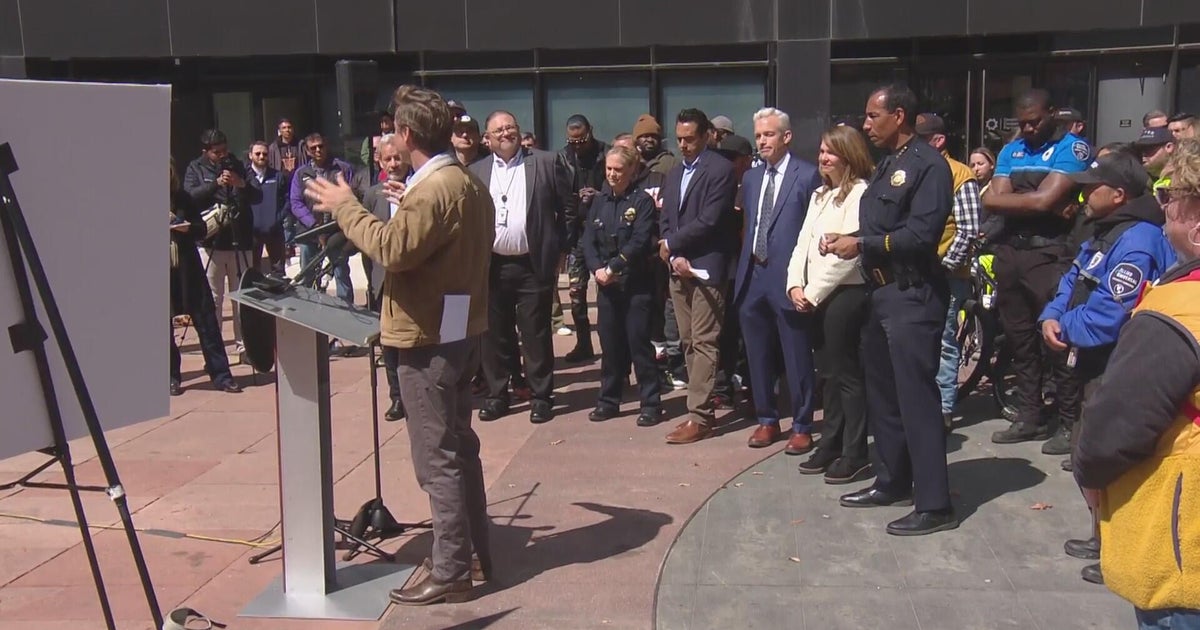"Streets of Fear: Denver Business Owners Demand Action Against Rising Urban Violence"

Local business owners in the downtown district are voicing their perspectives on the mayor's comprehensive strategy to combat rising urban violence. In a passionate display of community concern, entrepreneurs and shop owners gathered to discuss the potential impact of the proposed safety measures.
Many expressed a mix of cautious optimism and skepticism about the plan's potential effectiveness. "We've been waiting for a meaningful solution that addresses the root causes of street violence," said Maria Rodriguez, owner of a popular downtown café. "Safety isn't just about policing; it's about creating an environment where everyone feels secure and respected."
Some business owners highlighted the critical need for a multi-faceted approach that combines increased security, community engagement, and social support programs. They emphasized that the mayor's plan must go beyond surface-level interventions and tackle the underlying social and economic challenges contributing to urban unrest.
While details of the plan are still emerging, downtown business owners seem united in their desire for a collaborative approach that balances public safety with community development. The coming weeks will be crucial in determining how these proposed strategies will be implemented and their potential to transform the downtown landscape.
